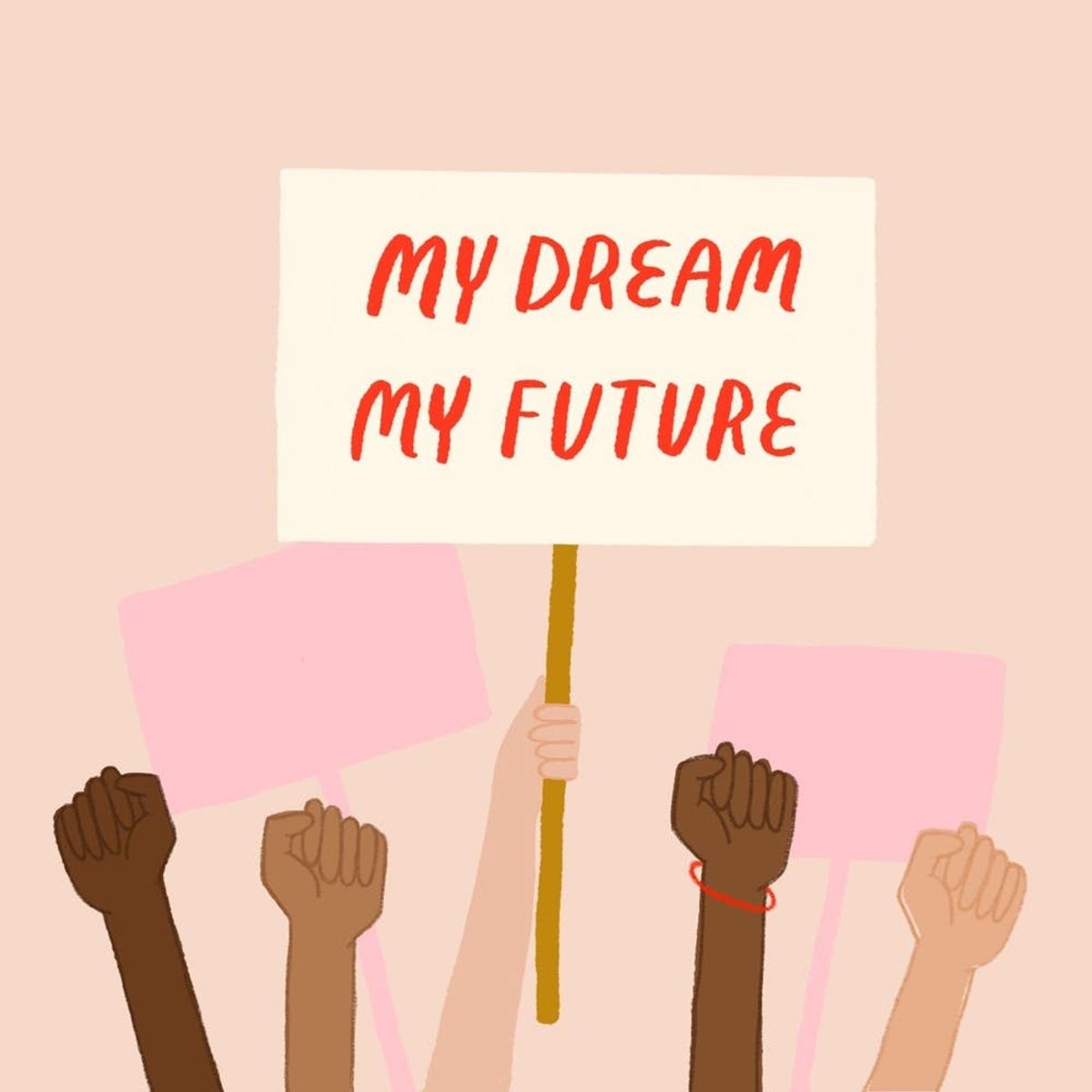The new rule would make it even harder for many immigrants to become citizens.
Why a New Immigration Policy Proposal Is Raising Eyebrows Nationwide

The political theme of the summer so far has been immigration, specifically asylum-seekers and immigrants who have been forcibly separated from their families, detained, and otherwise mistreated by ICE and Customs and Border Protection. Adding to its crackdown on immigrant communities, the Trump administration has a new proposal that could radically alter who is eligible to become a legal citizen.
According to a new NBC report, the administration is soon to propose a policy that will make it significantly more challenging for immigrants to obtain legal status if they have ever used certain welfare programs. Not all the details of the plans are known, but NBC obtained a draft of the proposal, which is another piece of White House Senior Adviser Stephen Miller’s plan to severely restrict immigration to the US. Miller was also the architect of the family separation policy carried out at the US-Mexico border.
Under the soon-to-be-proposed policy, immigrants who are living legally in the United States will have a much harder time getting a green card if they or someone in their household have ever used public welfare programs including food stamps, Obamacare, and child health insurance among others, according to NBC. Immigrants living in the US legally have a legal right to access welfare programs, including Obamacare health insurance and food stamps (now called the Supplemental Nutrition Assistance Program, or SNAP).

This rule change will mean immigrants who rely on government aid to have enough to eat or to afford medical care (that is to say, mostly poor immigrants) could be effectively prohibited from getting green cards or becoming legal citizens. The finer details of the final version of the policy may are not yet known, but available information makes it clear that the White House is going full-steam ahead in its mission to make coming to the US as difficult as possible for black and brown immigrants.
Abdullah Kiatamba, the executive director of African Immigrant Services in Minnesota, tells Brit + Co that these additional barriers to legal citizenship are “traumatizing not only for individual immigrants but for entire communities.” Kiatamba is also concerned about where all of these right-wing anti-immigrant policies are ultimately leading.
“Next it will be something else: ‘Have you been late on your rent?’ ‘Do you have a parking ticket?'” says Kiatamba. “It all becomes an opportunity to close all the doors for people seeking citizenship.”
According to estimates given to NBC by immigration lawyers and advocates, more than 20 million immigrants will be subject to the consequences of the policy.
The Trump administration’s forthcoming “public charge” regulation represents a MAJOR component to Trump’s extremist immigration agenda—one that disregards human life and forces millions of families to choose between the basics they need & the people they love. 2/ #ProtectFamilies
— National Immigration Law Center (@NILC_org) August 7, 2018
Immigrant rights groups are condemning the policy. The National Immigration Law Center tweeted Tuesday that the new policy is “a MAJOR component to Trump’s extremist immigration agenda—one that disregards human life and forces millions of families to choose between the basics they need & the people they love.”
The NILC also compared the policy to the US government turning away Jewish asylum-seekers during the Holocaust and the discrimination of Irish Catholics in the 19th century.
We’ve seen abuses like this before in our history — whether it was turning away Jews fleeing the Holocaust or discriminating against Irish Catholics. History cannot repeat itself. We can’t allow it. 3/ #ProtectFamilies
— National Immigration Law Center (@NILC_org) August 7, 2018
NBC notes that green card-holders and those seeking them have already seen increased repression under the Trump presidency. US Citizenship and Immigration Services data shows that the government is issuing approximately 20 percent fewer green cards this fiscal year compared to the end of Obama’s second term.
The rule change will not need to pass through Congress, and will be decided unilaterally by the White House. NBC reports that the administration will implement the policy in the next few weeks.
What do you think? Tell us on Twitter @BritandCo.
(Photo by John Moore/Getty; Illustration by Sarah Tate/Brit + Co)

















